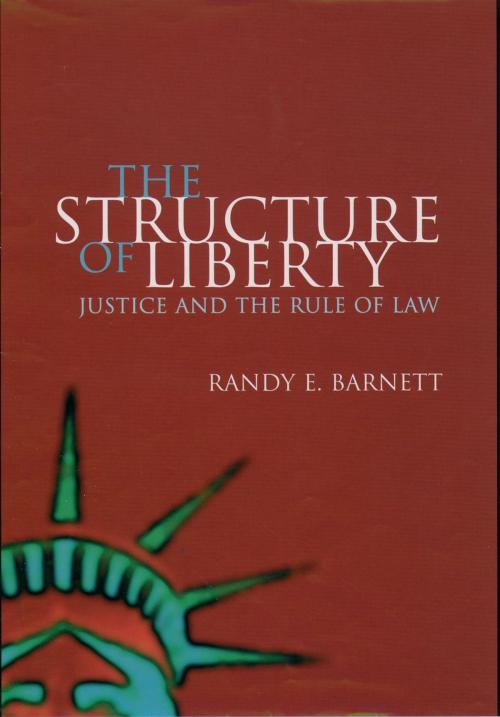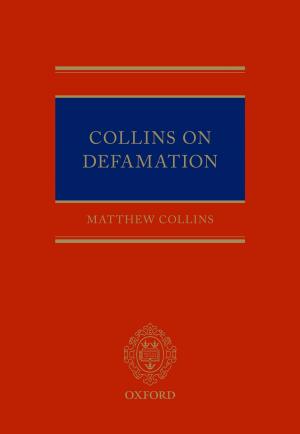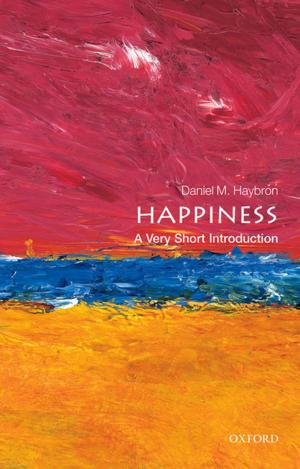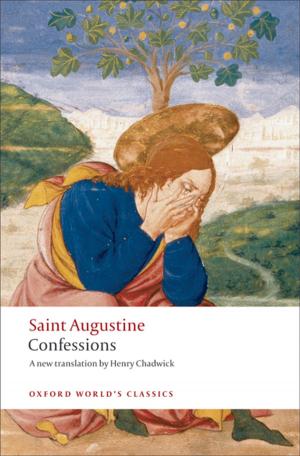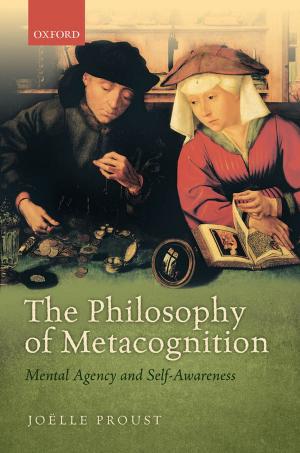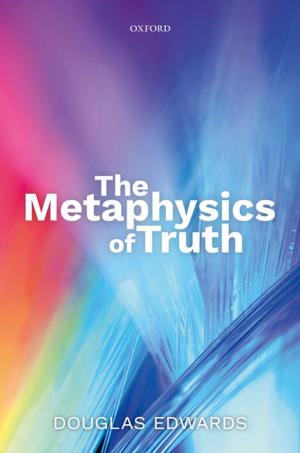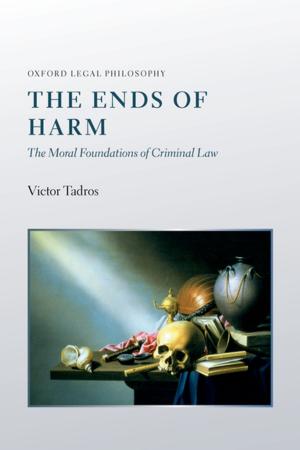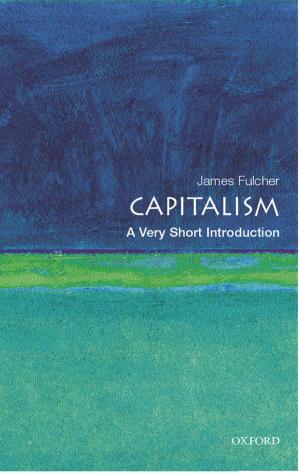The Structure of Liberty: Justice and the Rule of Law
Nonfiction, Reference & Language, Law, Jurisprudence, Social & Cultural Studies, Political Science| Author: | Randy E. Barnett | ISBN: | 9780191037368 |
| Publisher: | OUP Oxford | Publication: | April 2, 1998 |
| Imprint: | OUP Oxford | Language: | English |
| Author: | Randy E. Barnett |
| ISBN: | 9780191037368 |
| Publisher: | OUP Oxford |
| Publication: | April 2, 1998 |
| Imprint: | OUP Oxford |
| Language: | English |
What is liberty, as opposed to license, and why is it so important? When people pursue happiness, peace and prosperity whilst living in society, they confront pervasive problems of knowledge, interest, and power. These problems are dealt with by ensuring the liberty of the people to pursue their own ends, but addressing these problems also requires that liberty be structured by certain rights and procedures associated with the classical liberal conception of justice and the rule of law. In this controversial new work, Barnett examines the serious social problems that are addressed by liberty and the background or 'natural' rights and procedures that distinguish liberty from license. He goes on to outline the constitutional framework that is needed to protect this structure of liberty. This is the only discussion of the liberal conception of justice and the rule of law to draw upon insights from philosophy, economics, political theory, and law. And, although the book is intended to challenge specialists, its clear and accessible prose ensure that it will be of immense value to both scholars and students working in a range of academic disciplines.
What is liberty, as opposed to license, and why is it so important? When people pursue happiness, peace and prosperity whilst living in society, they confront pervasive problems of knowledge, interest, and power. These problems are dealt with by ensuring the liberty of the people to pursue their own ends, but addressing these problems also requires that liberty be structured by certain rights and procedures associated with the classical liberal conception of justice and the rule of law. In this controversial new work, Barnett examines the serious social problems that are addressed by liberty and the background or 'natural' rights and procedures that distinguish liberty from license. He goes on to outline the constitutional framework that is needed to protect this structure of liberty. This is the only discussion of the liberal conception of justice and the rule of law to draw upon insights from philosophy, economics, political theory, and law. And, although the book is intended to challenge specialists, its clear and accessible prose ensure that it will be of immense value to both scholars and students working in a range of academic disciplines.
